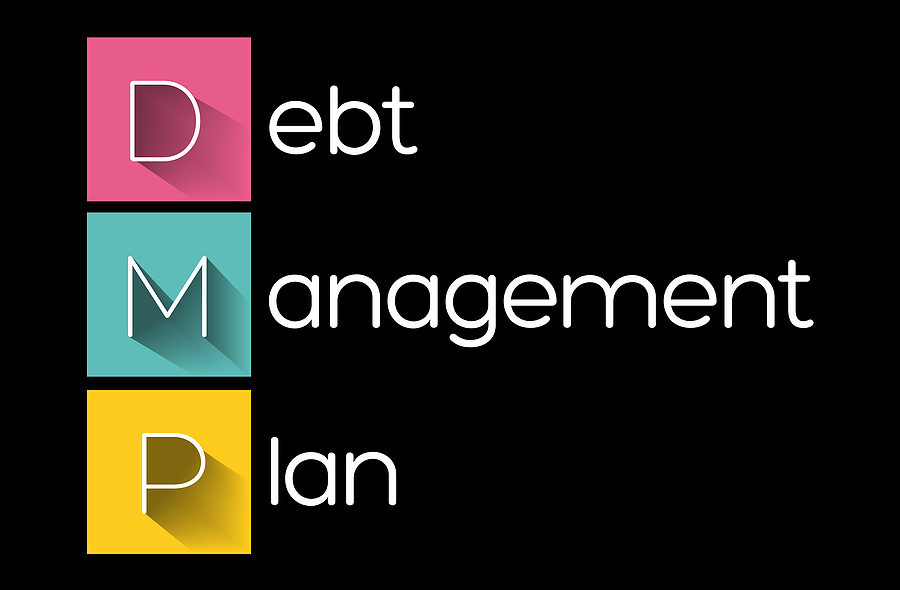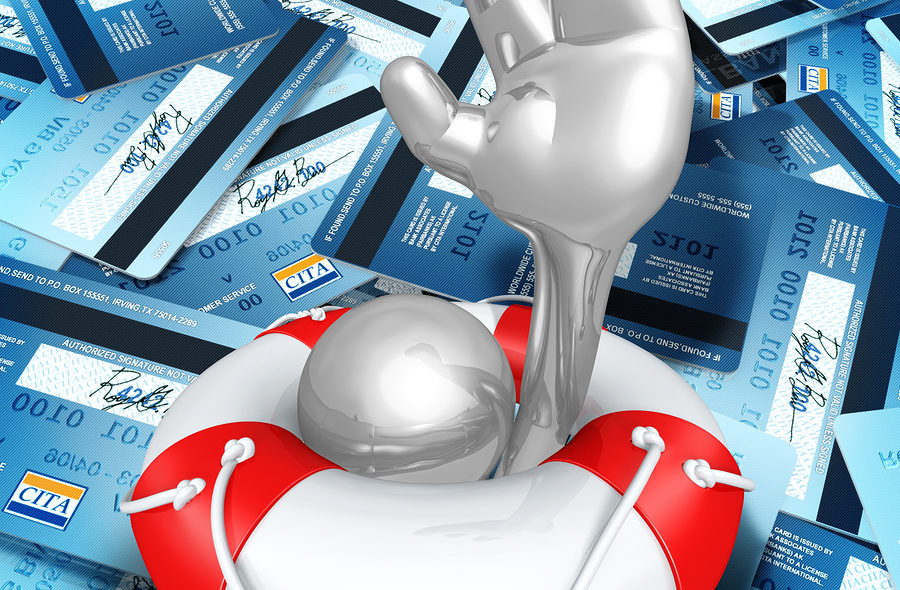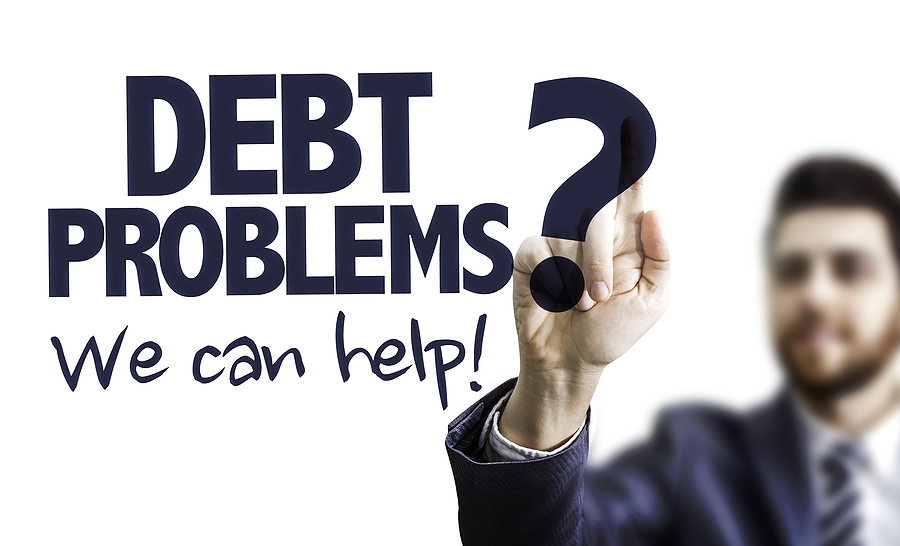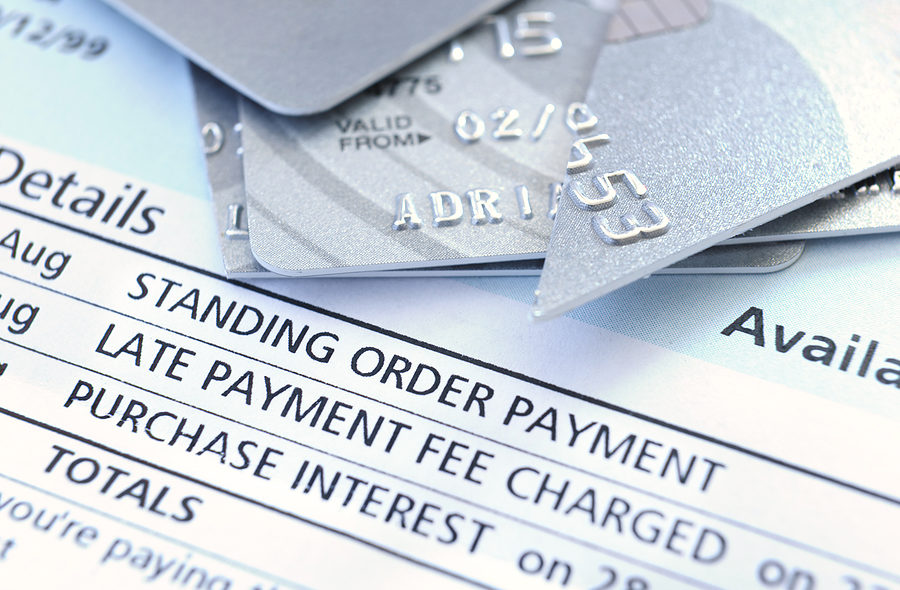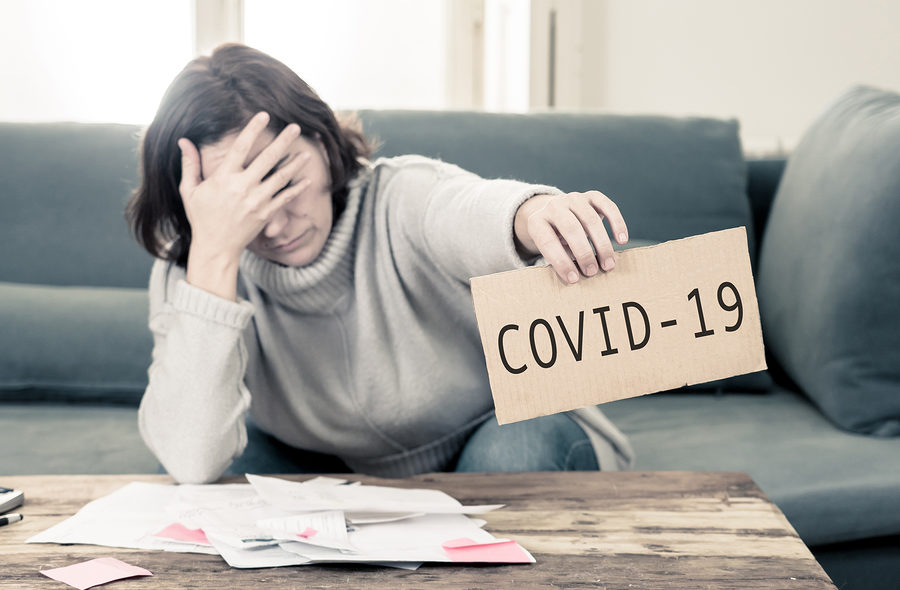When someone owes a large amount of money on credit cards, the possibility of ever paying down that balance can seem impossible. Simply making the minimum monthly payments can be a struggle, as well, especially during the current pandemic. However, credit card companies would rather work with the consumer directly in lieu of the account going into default, forcing them to pursue a collection on the amount owed. It is possible to negotiate directly with the credit card company on the amount owed in certain circumstances.
During the coronavirus (COVID-19) crisis, certain credit card companies are working with consumers who are behind on payment. This assistance is temporary in nature but can include pausing payments, reducing interest rates, waving late fees, and putting a pause on interest charges.



